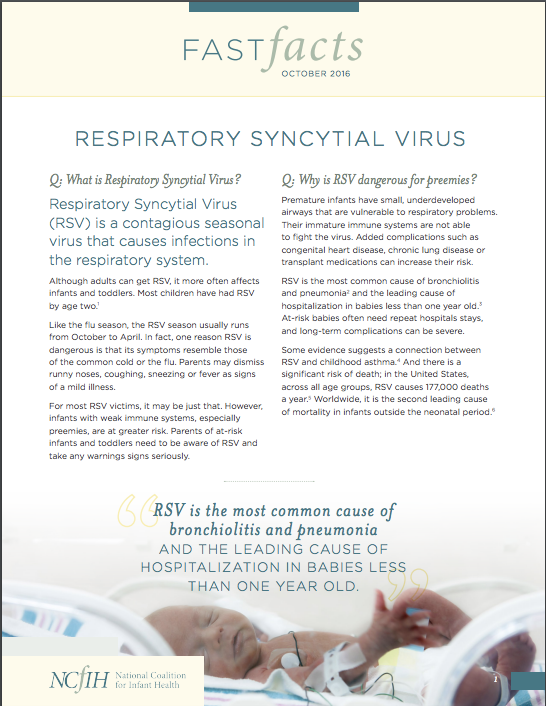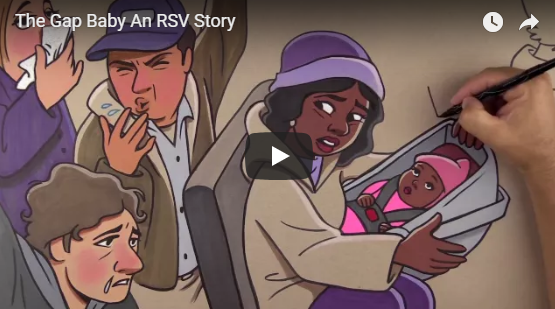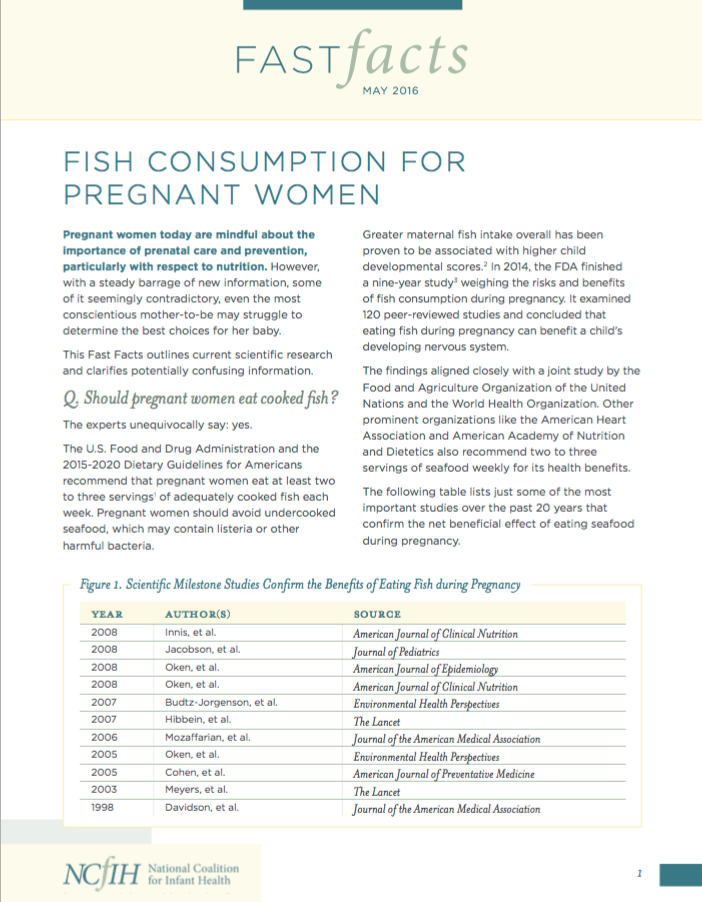
December 16, 2016
Hepatitis C patients keep waiting…and waiting…and waiting.
November 9, 2016
One month into the Respiratory Syncytial Virus season, data shows that the disease is taking its toll. RSV is a contagious seasonal virus that causes respiratory infections and can prove deadly for vulnerable preterm infants and senior citizens.

October 14, 2016
October marks the beginning of both the RSV viral season and RSV awareness month. The National Coalition for Infant Health is taking the opportunity to release a new “Fast Facts” educational resource on the virus, its impact, and its danger for infants, especially preemies whose health plans don’t cover preventive treatment.
September 15, 2016
The Institute for Patient Access and the National Coalition for Infant Health hosted the 2016 Infant Health Policy…

September 13, 2016
Most young children encounter what’s known as Respiratory Syncytial Virus, or RSV, before age two. It’s a common seasonal virus with flu-like symptoms. But as a new video from the National Coalition for Infant Health explains, premature infants whose health plans don’t cover preventive RSV treatment may suffer – and unnecessarily so.
September 5, 2016
A condition that causes newborns of substance-addicted mothers to experience withdrawal symptoms is on the rise. According to data from the Centers for Disease Control and Prevention, cases of neonatal abstinence syndrome (NAS) tripled between 1999 and 2013 in 23 states. In three states – West Virginia, Maine and Vermont – the condition now affects more than 30 infants per 1,000 births. Policymakers have proposed several solutions to address not only NAS but also opioid and heroin abuse, which are common contributors to the condition.
May 24, 2016
Three months after President Barack Obama requested congressional funding to fight the Zika virus, the House of Representatives has authorized $622 million in aid. But will congressional funding be too little, too late for those fighting Zika?

May 5, 2016
Sensationalized media accounts have misconstrued the facts on pregnancy and fish consumption, explains a new Fast Facts health bulletin from the National Coalition for Infant Health.
March 24, 2016
Clinical practice guidelines are intended to optimize patient care, explains a new policy brief from the Institute for Patient Access.
March 23, 2016
Many pregnant women embrace eating habits that protect and benefit their unborn babies. But their choices can become complicated when claims from unscientific sources clash with regulatory agencies’ clear, established nutrition guidance.




